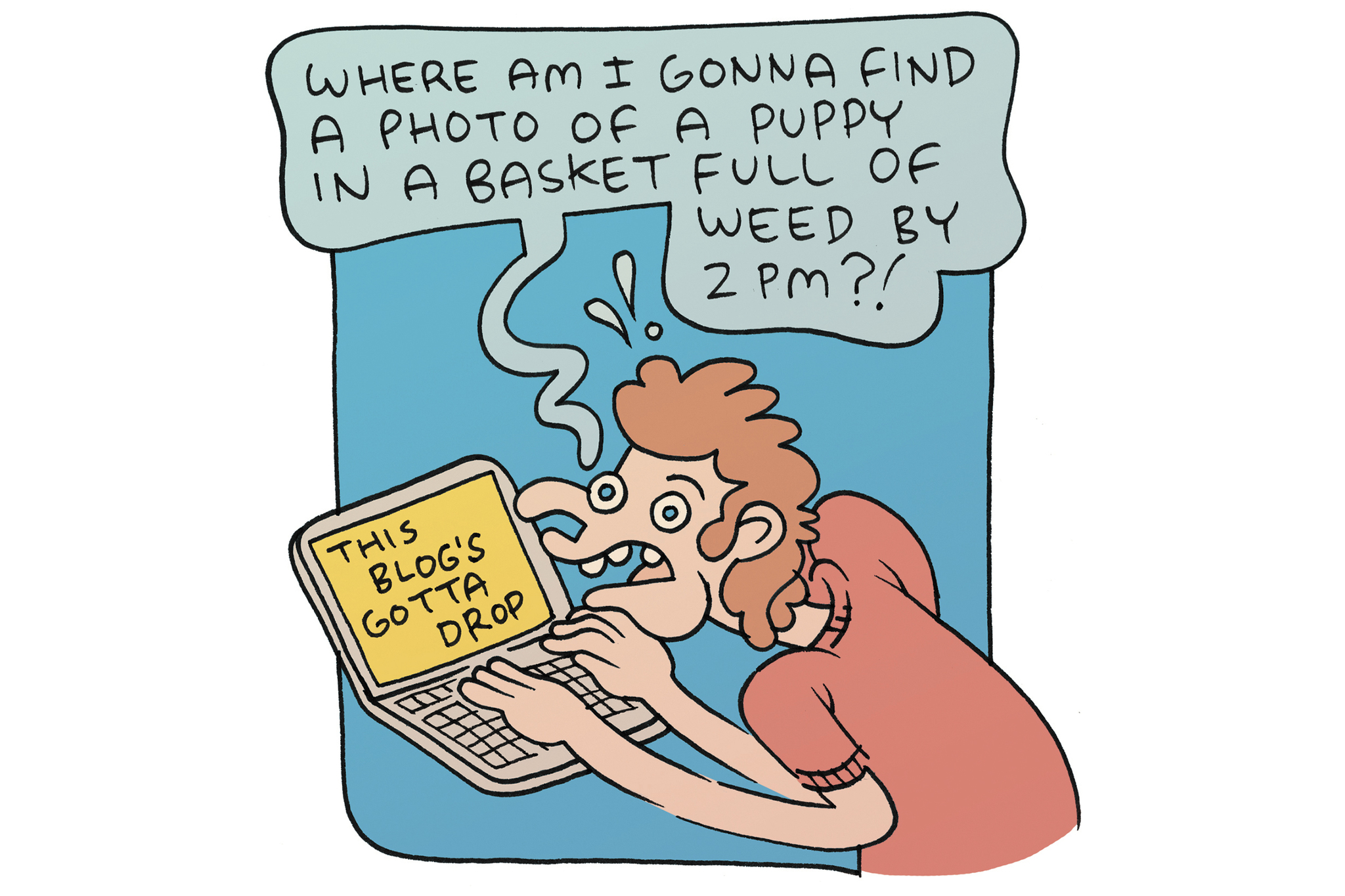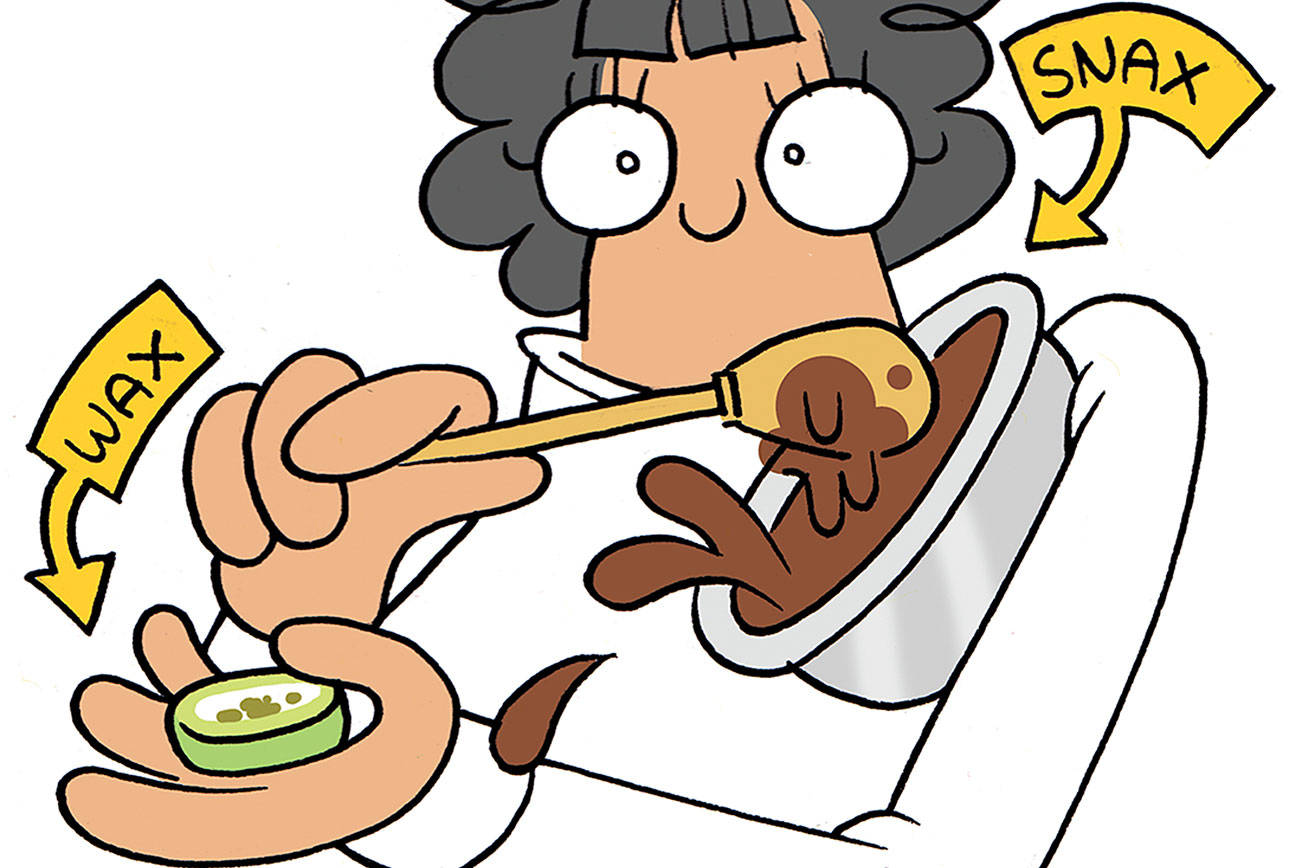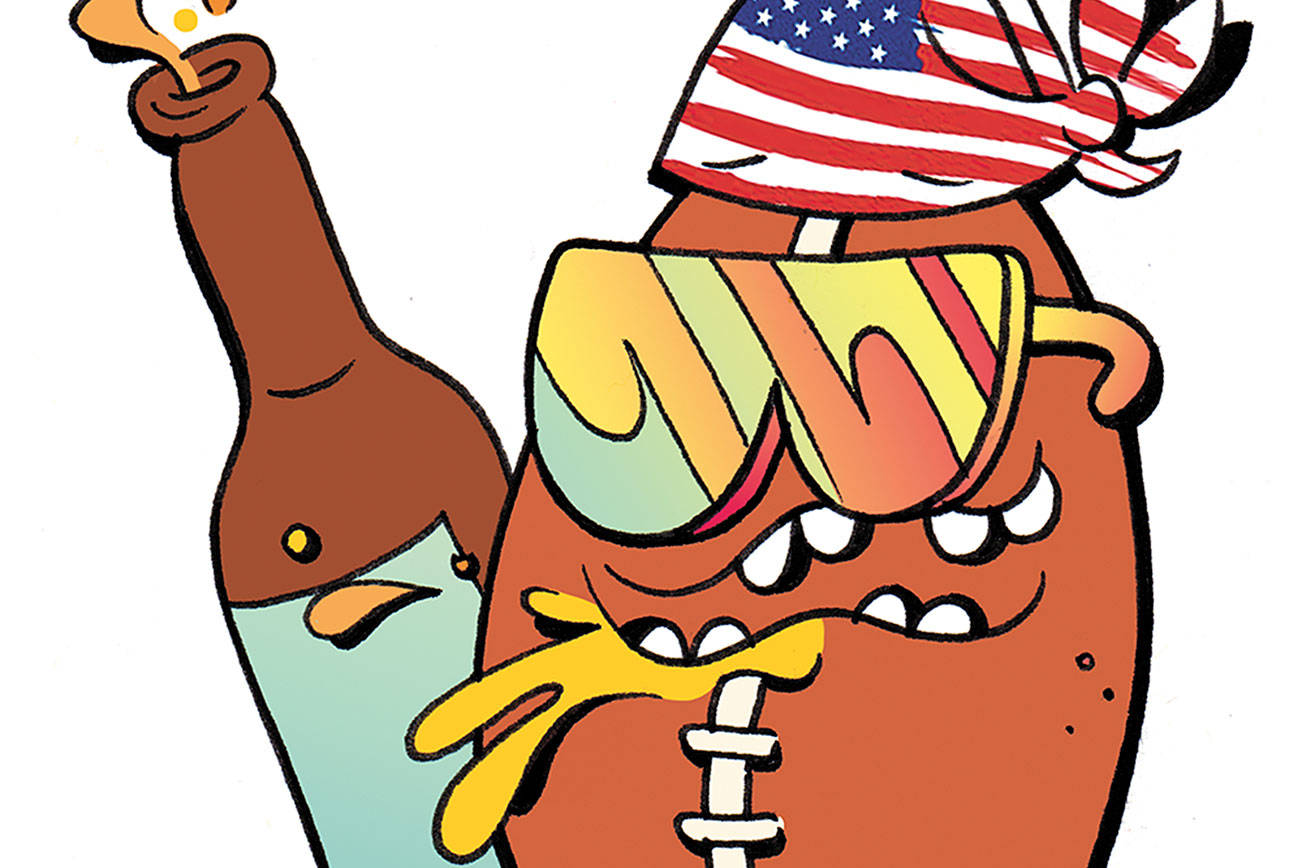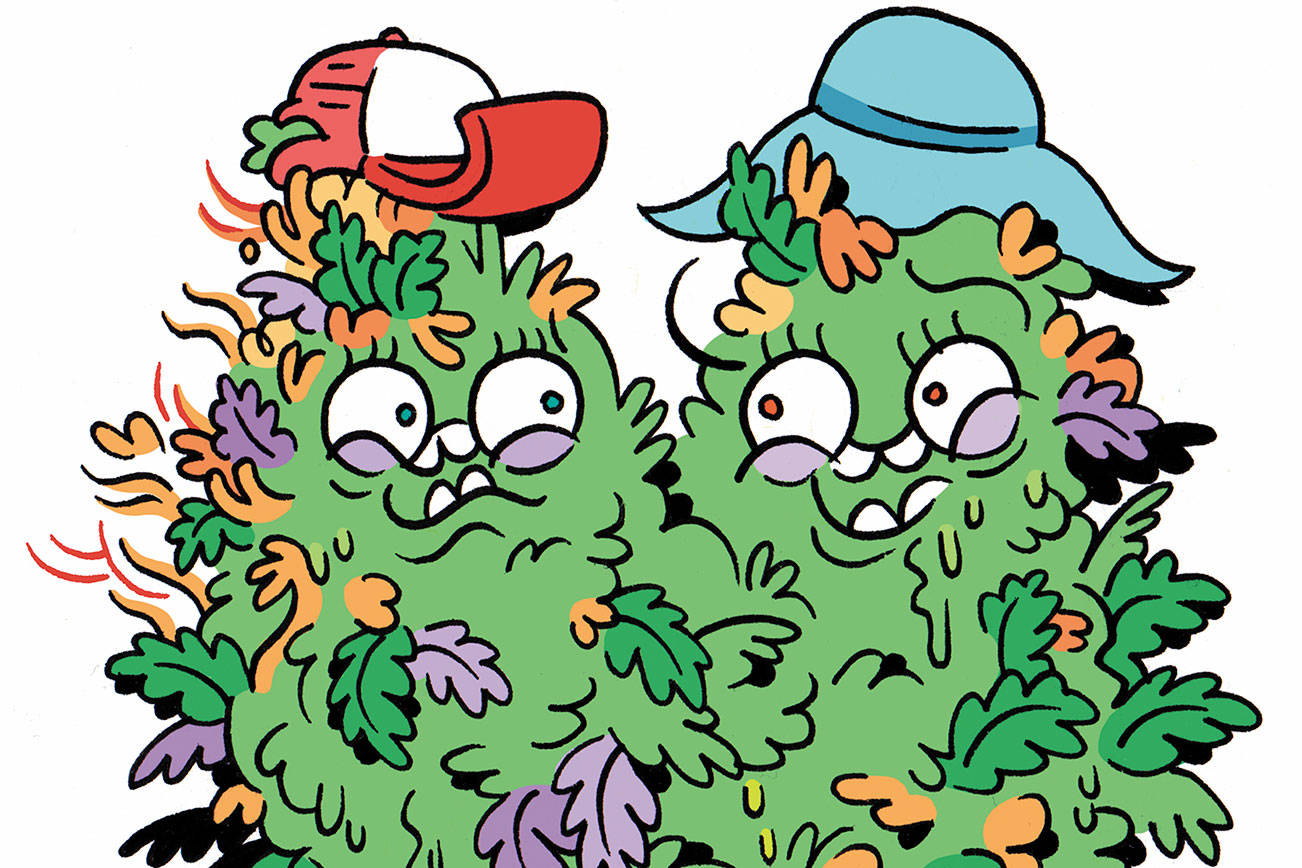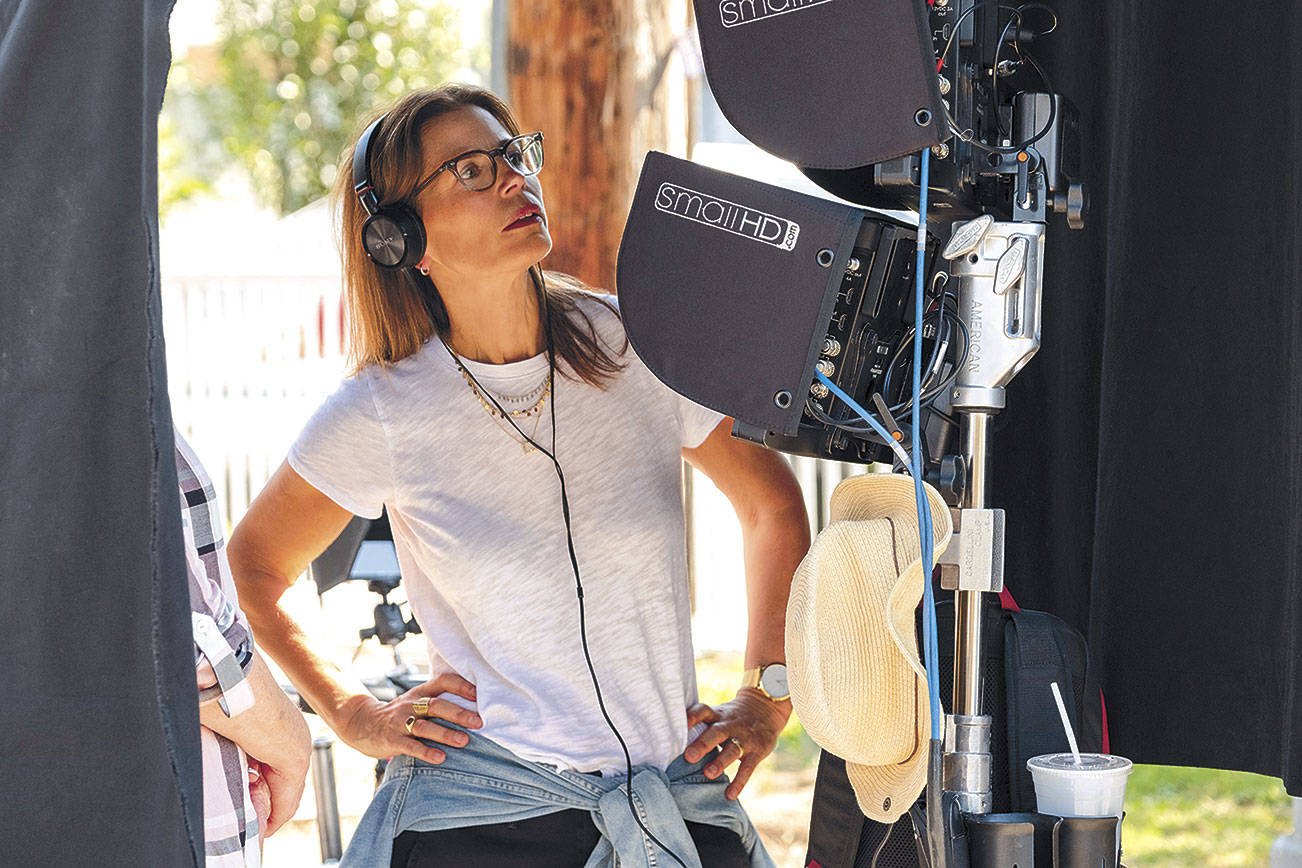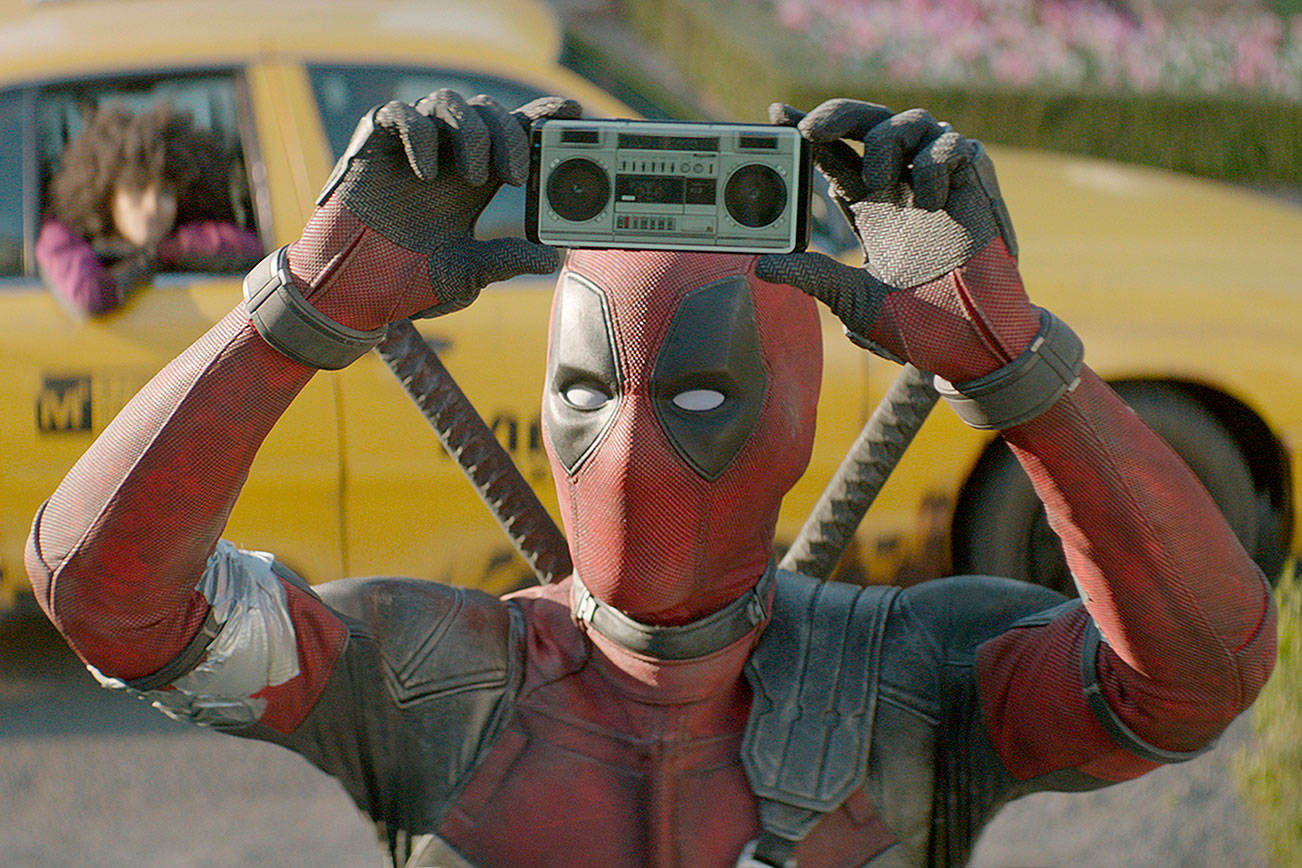The photographs look as though they could have been taken for a wine ad or a tourism brochure. Many of the subjects are women; normal women, laughing, hanging out at the ocean, reading a book, just living. They are almost unremarkable—aside from the joint in the subject’s hand.
These are just a few of the images being produced by Stock Pot Images, a Los Angeles-based company that is helping to change the way cannabis is portrayed in the media.
“Imagery changes opinions,” says Stock Pot mastermind Ophelia Chong. “It changes how we view the world—for instance, the images of war from the Civil War to the turmoil in Syria. If we can put a human face on the issues, we have then made inroads to universal understanding.”
Marijuana usage has a long history of misrepresentation in the media, the resulting images often demeaning women and people of color, trivializing the benefits of using cannabis, and glossing over the realities of medicinal usage.
Getting marijuana right is important to Chong, which is why she works only with photographers, both professional and amateur, who understand how people actually live with cannabis. Their work—available to any media outlet or individual user for a one-time price—includes images of plants and plant parts; farms; food and beverages with cannabis; and clothing and other merchandise, as well as a beautiful collection of portraits of cannabis enthusiasts from all walks of life, including cannabis celebrities like Jorge Cervantes, Laganja Estranja, and Melissa Etheridge.
Chong’s resume reads like a how-to list for anyone wishing to dominate in the field of photography and design direction. Ray Gun, Strand Releasing, the Slamdance Film Festival, Outfest, and the Los Angeles Independent Film Festival are but a few of the lucky organizations that have benefitted from her talents over the past two decades. Stock Pot Images is her latest “metamorphosis.”
After years of working in film, music, and fashion, a personal experience galvanized Chang’s focus shift to cannabis: “Seeing my sister use it to help combat her autoimmune disease,” she says, “I looked at her and thought, ‘That does not look like the stereotype stoner we’ve been fed for the last 80 years.’ ”
The “Aha!” moment came during a routine dog walk. “I thought, ‘What do I have here? Stock [photos] and pot . . . bingo.’ I quickly checked online for the url, Twitter, and Instagram—no one had it! So it was meant to be. From there it was a mission to demystify, destigmatize, and to create a library of images that speak the truth.”
Chong, who does not draw a salary from her work, takes her mission seriously. She understands the stigma around illicit drug use on a deep cultural level. “In the Asian-American community, it is seen differently by the generations,” she says. “I’ve met some that are vehemently against cannabis; it goes against their philosophy of family and respect for the law.”
This hesitation to openly affiliate oneself with weed is pervasive in many POC communities. “Coming out green” is risky business when cannabis is considered an illicit drug by the federal government and is completely illegal in 26 states. Chong knows that showing cannabis in an honest light is not to be taken lightly.
“Imagine holding a joint, having your photograph taken for stock, and wondering, ‘Will I be arrested or harassed for this?’ To be photographed with cannabis is a brave move.” MEAGAN ANGUS
stashbox@seattleweekly.com
